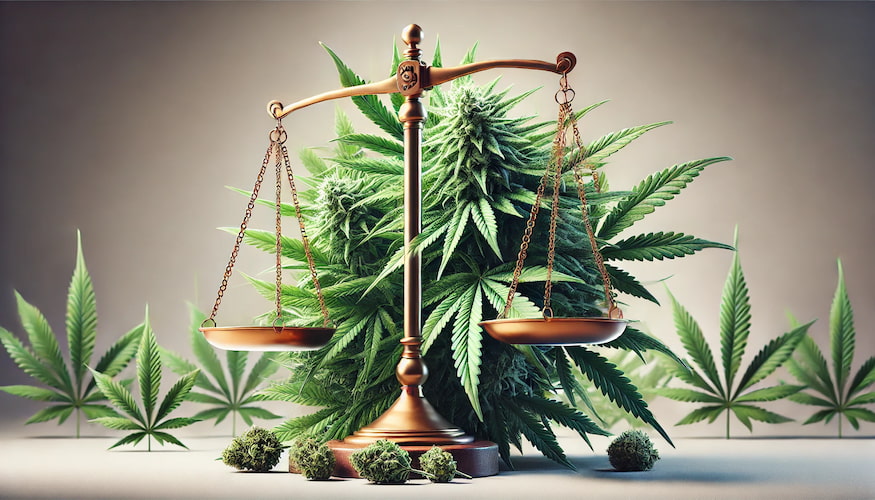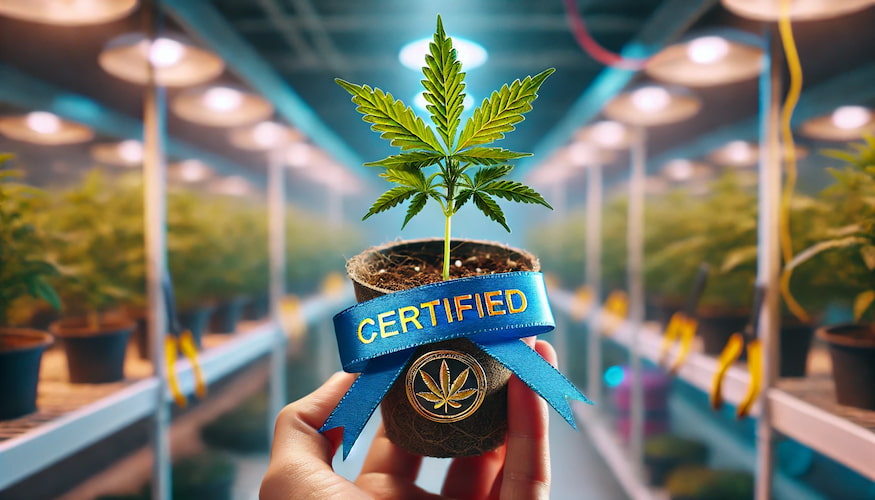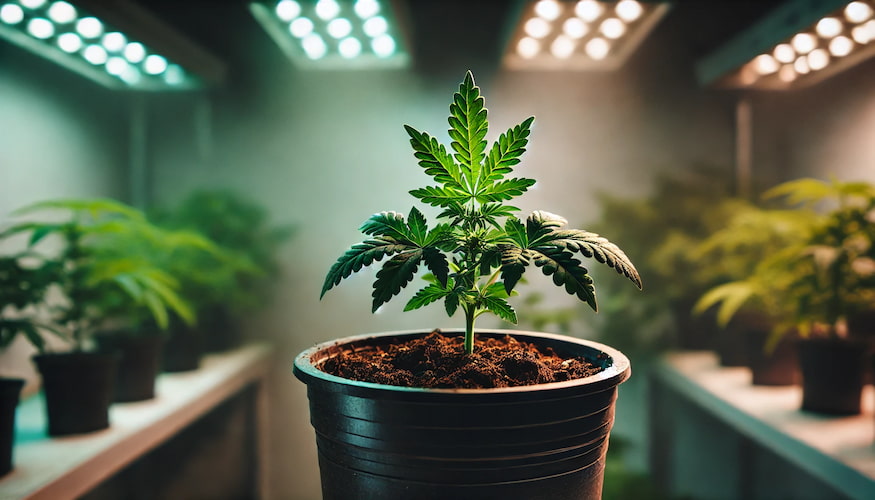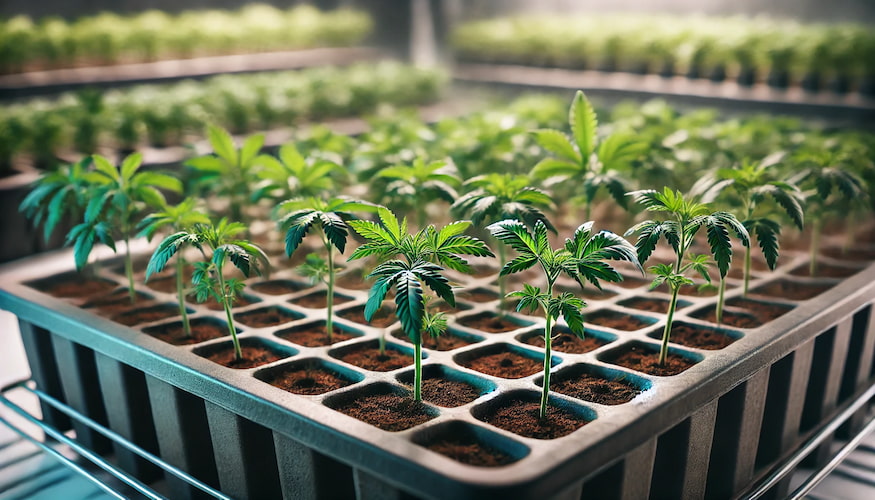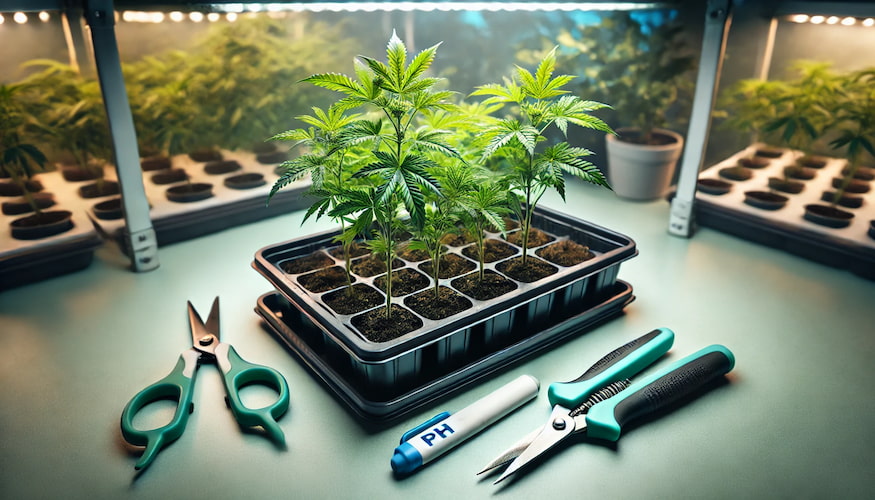Introduction: Understanding the Legal Status of Cannabis Clones
As the cannabis industry continues to evolve, so does the legal landscape surrounding cannabis clones. At IWantClones.com, we believe that an informed grower is a successful grower. This overview aims to provide you with a clear understanding of the current legal status of cannabis clones.
What Are Cannabis Clones?
Before diving into legality, let’s define what we’re talking about:
- Cannabis clones are cuttings from a mature cannabis plant
- They are genetically identical to the parent plant
- Clones are used to reproduce plants with desirable traits
The Legal Gray Area of Cannabis Clones
Cannabis clones occupy a unique legal space:
- They contain no THC when first cut
- They have the potential to become THC-producing plants
- Their legal status often depends on intended use and local laws
Federal vs. State Law
The crux of cannabis clone legality lies in the conflict between federal and state laws:
- Federally, cannabis (including clones) remains illegal
- Many states have legalized cannabis for medical or recreational use
- State laws regarding clones vary widely
Factors Affecting Legality
Several factors can influence whether cannabis clones are legal in your area:
- Intended use (personal, medical, or commercial)
- Local licensing and registration requirements
- Number of plants allowed
- THC content (particularly relevant for hemp clones)
Legal Considerations for Different Types of Growers
Your legal obligations can vary based on your grower status:
- Home Growers: Often subject to plant count limits
- Medical Growers: May have different limits and requirements
- Commercial Growers: Typically need extensive licensing and compliance measures

The Impact of the 2018 Farm Bill
The 2018 Farm Bill had significant implications for hemp clones:
- Legalized hemp at the federal level (defined as cannabis with less than 0.3% THC)
- Created a legal pathway for hemp cultivation, including clones
- Did not change the status of high-THC cannabis
State-by-State Variations
The legality of cannabis clones can vary dramatically between states:
- Some states have fully legalized cannabis, including clones
- Others maintain strict prohibitions
- Many fall somewhere in between, with medical programs or limited legalization
For a detailed breakdown, see our State Laws on Cannabis Clones guide.
Legal Risks and Consequences
Understanding potential legal risks is crucial:
- Federal prosecution, while rare, remains a possibility
- State penalties can include fines and imprisonment
- Civil asset forfeiture is a risk in some jurisdictions
Staying Compliant: Best Practices
To navigate this complex legal landscape:
- Stay informed about local laws
- Maintain proper licensing and registration
- Keep detailed records
- Consider consulting with a cannabis law specialist
The Future of Cannabis Clone Legality
The legal status of cannabis clones is likely to continue evolving:
- More states are considering legalization
- Federal legalization efforts are ongoing
- Standardization of regulations may occur in the future
Conclusion: Knowledge and Compliance are Key
While the legal status of cannabis clones can be complex, staying informed and compliant is crucial for any grower. At IWantClones.com, we’re committed to providing not just high-quality clones, but also the information you need to grow legally and responsibly.
Remember, this overview is for informational purposes only and should not be considered legal advice. Always consult with a qualified legal professional for advice specific to your situation.
Stay informed, stay compliant, and happy growing!

